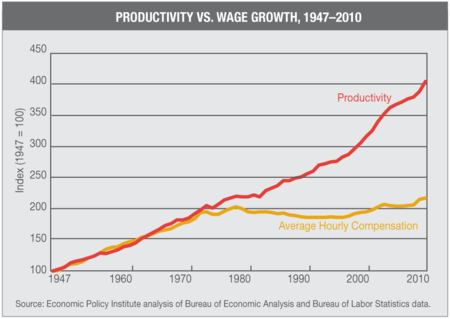Bay Area drivers could pay to drive each mile under tax proposal
By Mike Rosenberg
[email protected]
Posted: 07/17/2012 02:58:40 PM PDT
Updated: 07/18/2012 09:01:09 AM PDT
Take the poll
Vote: Is a tax that charges people by the number of miles they drive a good idea?
Related Stories
Jul 18:
Mercury News editorial: Car tax idea is out of the box: Put it back!
Imagine being taxed a dollar for driving to the store. Commute to work? That'll be a few bucks more.
Is it crazy or the way of the future? The Bay Area is considering a long-range plan to become the first place in the nation to tax drivers for every mile they travel, with an average bill of up to $1,300 per year.
The proposal is a long way from becoming reality. But under the scenario, drivers would likely have to install GPS-like trackers on their cars to tally travel in the nine-county Bay Area, from freeways to neighborhood streets, with only low-income people exempted.
Transportation planners know they would have a tough time selling such a radical plan but argue the goal of the so-called VMT (vehicle miles traveled) tax is to reduce traffic and pollution while raising revenue needed to fill potholes and bolster public transit service.
"I don't want to say it's pie in the sky. A VMT charge is really an option for the future to be looked at and considered," said Randy Rentschler, spokesman for the Metropolitan Transportation Commission, the agency leading the effort. He said realistically the plan is so complex it might take a decade to implement if the public buys in.
Under the early proposal, the VMT tax could cost up to a dime per mile, or the cost may peak during rush hour and bottom out, perhaps to less than a penny per mile, when the roads are mostly empty.
"Are you kidding me?" said South Bay driver
Advertisement
Kevin Spencer of Yellow Checker Cab. "It's ludicrous. Some of the families, blue-collar people just trying to make a living, could have to decide whether to pay their mortgage" or drive.
County supervisors and city council members from around the Bay Area, as members of the Metropolitan Transportation Commission and the Association of Bay Area Governments, are set Thursday to authorize a study of the proposal, though they haven't yet weighed in on the actual merits of a VMT tax. If approved, officials would likely need the OK from voters and the Legislature.
But first, they'd have to overcome major concerns about Uncle Sam reaching deeper into your pocket and Big Brother looking over your shoulder. Experts generally think VMT taxes have merit but won't be realistic until the primary source of transportation funding -- taxes on each gallon of gas -- dries up.
"It really would be premature in the next five years to even think about trying something like this," said former presidential transportation adviser Bob Poole, who supports VMT taxes but called the Bay Area plan too "utopian" to be realistic. "There are a huge number of questions that need to be worked on."
Proponents from transit advocates to environmentalists to public policy planners say new thinking is needed to reduce rush-hour traffic as the Bay Area grows and needs new ways to raise billions of dollars to strengthen a deteriorating transportation network.
"We can continue to have more and more potholes and have BART fall apart more frequently, or we can choose to invest in our common future," said Jeff Hobson, deputy director of Oakland-based TransForm, one of the nonprofits that first proposed the idea to the government agencies.
http://www.mercurynews.com/peninsula/ci ... :0|order:5